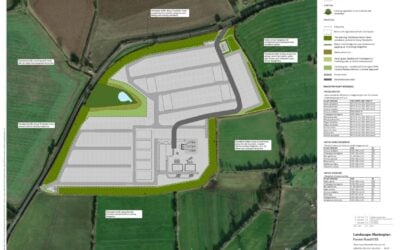
Battery energy storage system (BESS) technology could reduce the cost of curtailing wind energy production in the UK by up to 80%, after over US$1 billion was spent last year, a developer has said.
According to analysis from BESS developer and operator Field, firing up gas power plants in England and Wales and switching off wind farms in Scotland cost billpayers £920 million (US$1.17 billion) across 2023.
Enjoy 12 months of exclusive analysis
- Regular insight and analysis of the industry’s biggest developments
- In-depth interviews with the industry’s leading figures
- Annual digital subscription to the PV Tech Power journal
- Discounts on Solar Media’s portfolio of events, in-person and virtual
However, according to Field’s analysis, the cost of curtailment to billpayers could be trimmed by approximately 80% if existing technologies like battery storage are used more effectively on the current grid.
Increasing the number of intertrip services the National Energy System Operator can buy and using grid booster batteries would both help tackle the problem. The latter technology is already being deployed in continental Europe and Australia.
Field said that the B6 boundary, a pinch point between the Scottish and English borders, caused most curtailment costs across the year. The B6 boundary was explored in a previous blog post on Current±, in which Matthew Boulton, director of solar, storage, and private wire at EDF Renewables UK, similarly argued that battery storage could help mitigate curtailment costs.
See the full original version of this article on our sister site Current.






